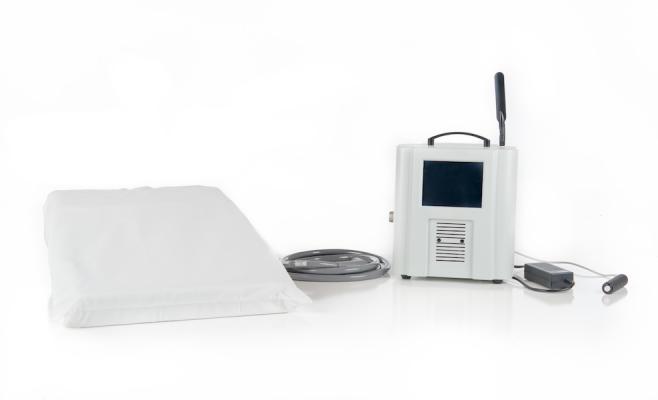
August 6, 2014 — St. Jude Medical announced the Center for Medicare and Medicaid Services (CMS) has approved a new technology add-on payment (NTAP) for the CardioMEMS heart failure (HF) monitoring system. The CardioMEMS HF system is the first and only U.S. Food and Drug Administration (FDA)-approved monitoring device that has been proven to significantly reduce hospital admissions when used by physicians to manage heart failure. The NTAP program, which recognizes new technologies that provide substantial clinical improvement over already available therapies, is designed to support timely access to innovative technologies for Medicare beneficiaries.
“We are pleased CMS recognizes the substantial clinical benefit provided by the CardioMEMS HF system,” said Eric S. Fain, M.D., group president of St. Jude Medical. “This favorable decision helps ensure that Medicare patients have access to this innovative technology as we introduce CardioMEMS as a new treatment paradigm to proactively manage heart failure, improve patient outcomes and reduce hospital admissions.”
Beginning Oct. 1, 2014, CMS will reimburse hospitals an incremental amount in addition to the Medicare Severity Diagnosis Related Group (MS-DRG) payment.
More than 5 million Americans suffer from HF, which leads to 1 million hospitalizations and 2.8 million office and emergency department visits a year, and is a significant economic burden for hospitals and society. Approximately $31 billion is spent annually on HF in the United States and this cost is projected to more than double to $70 billion by 2030.
The CardioMEMS HF system allows clinicians to monitor pulmonary artery (PA) pressures in order to proactively manage medications and other treatment options while also providing an early indication of worsening HF. It is supported by strong clinical evidence, including data from the CHAMPION (“CardioMEMS Heart Sensor Allows Monitoring of Pressure to Improve Outcomes in NYHA Class III Patients”) trial published in The Lancet. The CHAMPION trial demonstrated a 37 percent reduction in HF hospitalizations during an average follow-up duration of 15 months.
For more information: www.sjm.com, www.cms.gov


 November 12, 2025
November 12, 2025 









